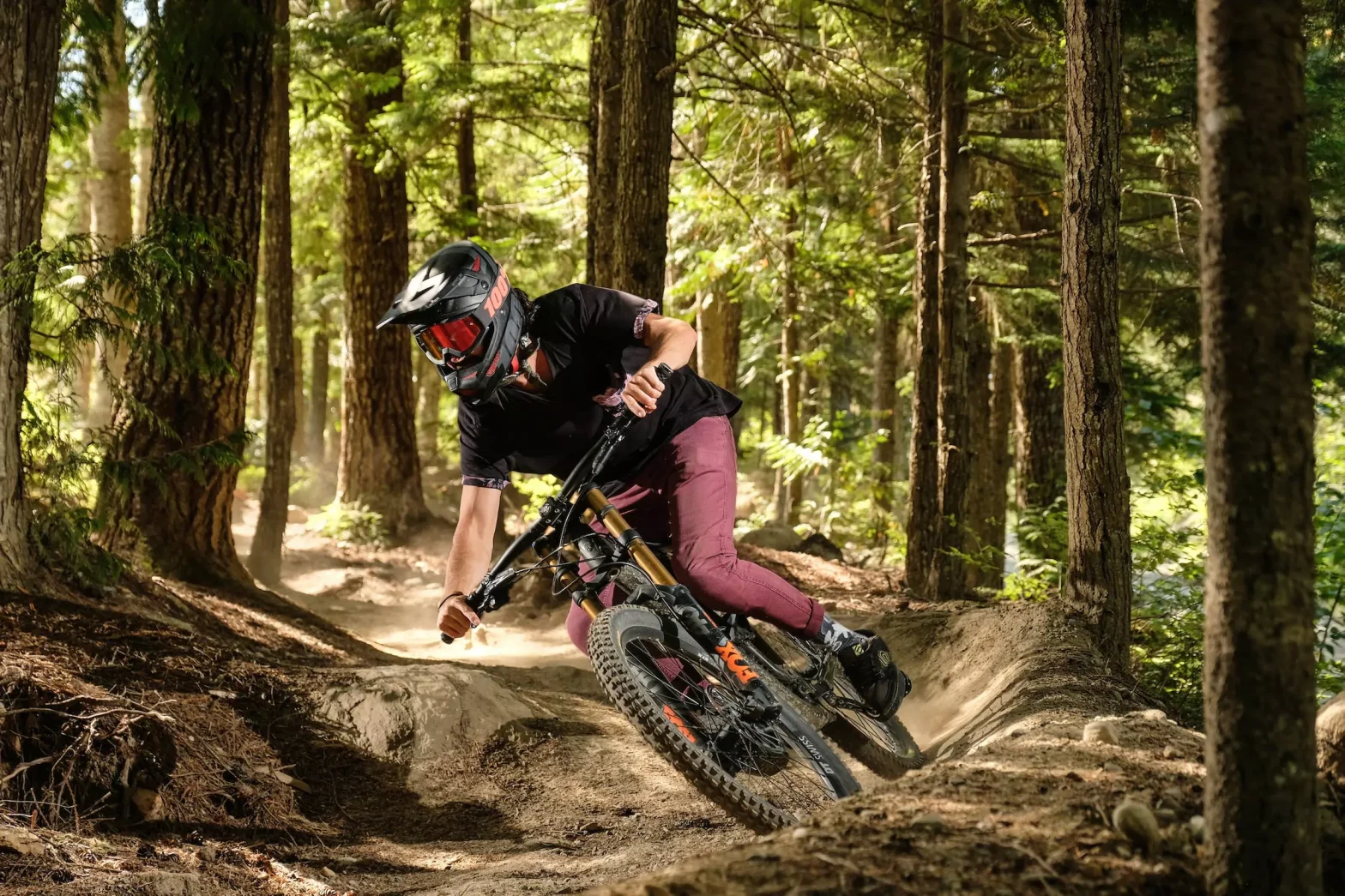If you are passionate about cycling and aspire to become a professional cyclist in Canberra, you need to be prepared to put in the hard work, dedication, and commitment required to achieve this goal. Professional cycling requires not only physical fitness and cycling skills but also mental toughness, strategic planning, and perseverance.
Here are seven ways to help you on your journey to becoming a professional cyclist in Australia.
1. Start young and develop cycling skills
Many professional cyclists start at a young age, often participating in local cycling clubs or junior racing programs. Starting early allows you to develop your cycling skills, such as bike handling, cornering, drafting, and pacing. You can also participate in different types of cycling races, such as road races, time trials, criteriums, and track races, to gain experience and improve your racing skills.
2. Focus on training and conditioning
Professional cycling requires rigorous training and conditioning. You need to have excellent physical fitness, including cardiovascular endurance, strength, and flexibility. Develop a training plan that includes regular rides, interval training, hill climbs, and strength training exercises. Working with a coach or a training program can help you tailor your training to your specific goals and monitor your progress.
3. Participate in competitions
Competing in races is crucial to gaining experience, exposure, and recognition as a cyclist. Participate in local, regional, and national cycling races, such as criteriums, road races, time trials, and track races. These competitions provide an opportunity to showcase your skills, gain race experience, and network with other cyclists and teams.
4. Join a cycling team or club
Joining a cycling team or club can provide you with support, guidance, and opportunities for advancement. Being part of a team allows you to train with other cyclists, participate in team races, and learn from experienced riders. It can also provide access to resources, such as coaching, sponsorship, and equipment, which can help you progress in your cycling career.
5. Seek sponsorship and funding
Professional cycling can be expensive, and securing sponsorship or funding can be crucial to support your training, racing, and equipment costs. Research and approach potential sponsors, such as local businesses, cycling companies, and sports organisations, to explore sponsorship opportunities. You can also look for funding options through government grants, scholarships, or crowdfunding campaigns.
In today’s digital age, having a strong online presence is essential for aspiring professional cyclists. Create a professional website or blog to showcase your achievements, share your training and racing updates, and connect with potential sponsors and supporters. Utilise social media platforms, such as Instagram, Twitter, and Facebook, to share your journey, engage with your audience, and build a fan base.
Professional cycling can be complex, and seeking mentorship and guidance from experienced cyclists or coaches can be invaluable. Connect with experienced cyclists, coaches, or retired professional cyclists who can provide advice, mentorship, and guidance on training, racing, nutrition, and career development. Learning from their experiences and insights can help you navigate the challenges and opportunities of professional cycling.
Becoming a professional cyclist in Canberra, ACT, Australia, requires a combination of talent, dedication, hard work, and strategic planning. Starting young, focusing on training and conditioning, participating in competitions, joining a cycling team or club, seeking sponsorship and funding, building a strong online presence, and seeking mentorship and guidance can all contribute to your journey towards achieving your goal.







